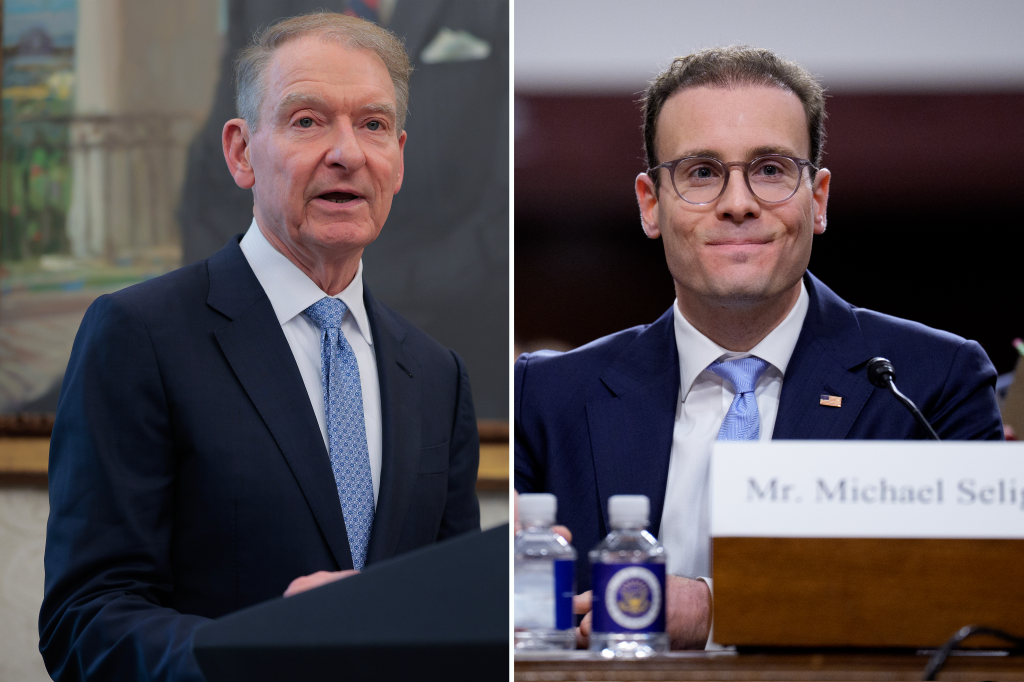For years, Iraq’s dollar-based card economy grew quietly and dangerously beneath the radar of global financial watchdogs. Enabled by partnerships with Visa and Mastercard, local banks and payment providers issued millions of prepaid and debit cards that were exploited by powerful militias to extract dollars from foreign ATMs, often in
Register for free to keep reading
To continue reading this article and unlock full access to GRIP, register now. You’ll enjoy free access to all content until our subscription service launches in early 2026.
- Unlimited access to industry insights
- Stay on top of key rules and regulatory changes with our Rules Navigator
- Ad-free experience with no distractions
- Regular podcasts from trusted external experts
- Fresh compliance and regulatory content every day













